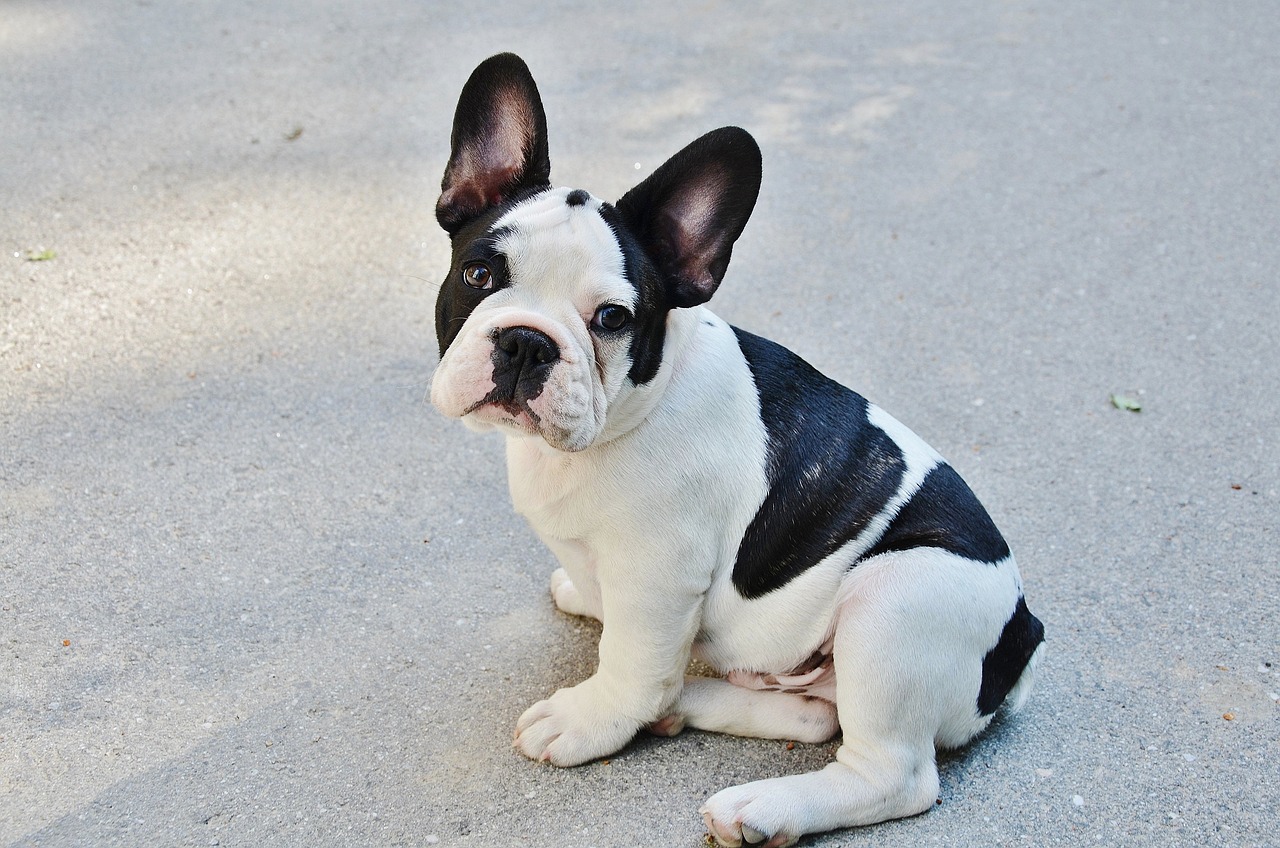Bulldogs are beloved for their distinctive appearance and heartwarming personalities. However, like any breed, Bulldogs are susceptible to specific health problems. Recognizing the signs of these common issues can help you ensure your Bulldog enjoys a long, healthy life. This article highlights the five most common health problems in Bulldogs, their symptoms, and how you can spot these signs early to ensure appropriate care.

-
Brachycephalic Syndrome
Bulldogs are known for their flat faces, which is a characteristic of brachycephalic breeds. However, this distinctive trait can lead to Brachycephalic Syndrome, a condition that affects the upper airway and can cause breathing difficulties. Symptoms include snoring, noisy breathing, frequent panting, and difficulty handling heat or vigorous exercise.
When Bulldogs can’t breathe properly, they might also show signs of cyanosis—bluish discoloration of the skin due to inadequate oxygen supply. If your Bulldog is struggling with these symptoms, it’s crucial to consult your veterinarian immediately, as this condition can become life-threatening.
-
Hip Dysplasia
Hip dysplasia is a genetic condition common in Bulldogs, characterized by abnormal development of the hip joint. This can result in painful arthritis or even lameness in severe cases. Be on the lookout for signs like a stiff gait, difficulty getting up or lying down, reluctance to run, jump, or climb stairs, and an unusual swaying walk.
Early detection is critical as appropriate treatments can help manage pain and improve your Bulldog’s quality of life. An X-ray screening can confirm hip dysplasia in your pet.
-
Skin Conditions
Bulldogs are prone to several skin conditions, most notably eczema, acne, and hot spots. Their characteristic skin folds can trap dirt, and moisture, and cause infections if not regularly cleaned. Symptoms include redness, irritation, persistent itching, foul odor, and sometimes hair loss.
If your Bulldog starts excessively scratching or shows signs of discomfort, examine their skin closely, especially in skin folds. Regular cleaning with appropriate pet-friendly products can help prevent these issues.
-
Cherry Eye
Bulldogs are at high risk for a condition called cherry eye, which is a prolapse of the third eyelid gland. It’s not typically painful, but it can cause the gland to become irritated and inflamed. The most noticeable sign is a red, swollen mass that appears in the corner of your Bulldog’s eye, giving the condition its name.
Early intervention is essential for this condition. If you notice anything unusual about your Bulldog’s eyes, consult your veterinarian for treatment options.
-
Obesity
Bulldogs love their food, and they are not the most active breed, making them prone to obesity. Overweight Bulldogs can suffer from numerous related issues, including diabetes, heart disease, and exacerbation of hip dysplasia and brachycephalic syndrome.
Monitor your Bulldog’s weight and body shape carefully. An overweight Bulldog will lack an evident waist, and their belly will hang below the ribcage. Regular exercise and a balanced diet are crucial to maintaining your Bulldog’s healthy weight.
Being aware of these common health issues in Bulldogs can help you identify any potential problems early on. Regular check-ups with your veterinarian, along with a healthy diet and plenty of exercise, can ensure your Bulldog leads a happy, healthy life. As with all health matters, when in doubt, it is always best to consult with a veterinarian.
 Toledo, United States.
Toledo, United States.
